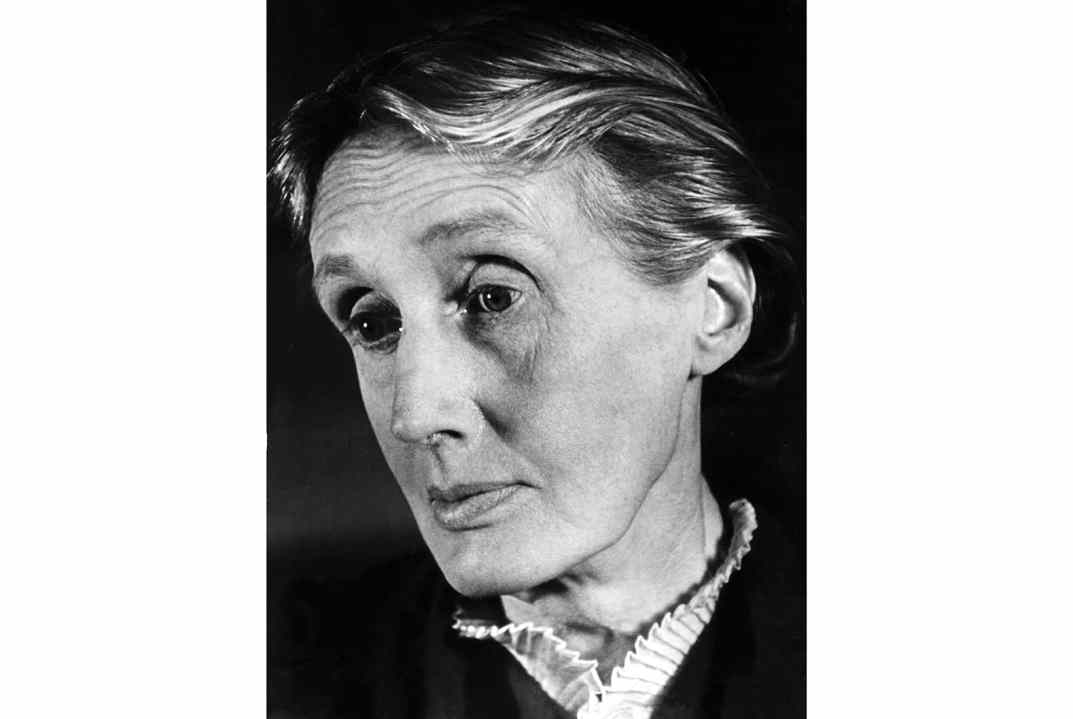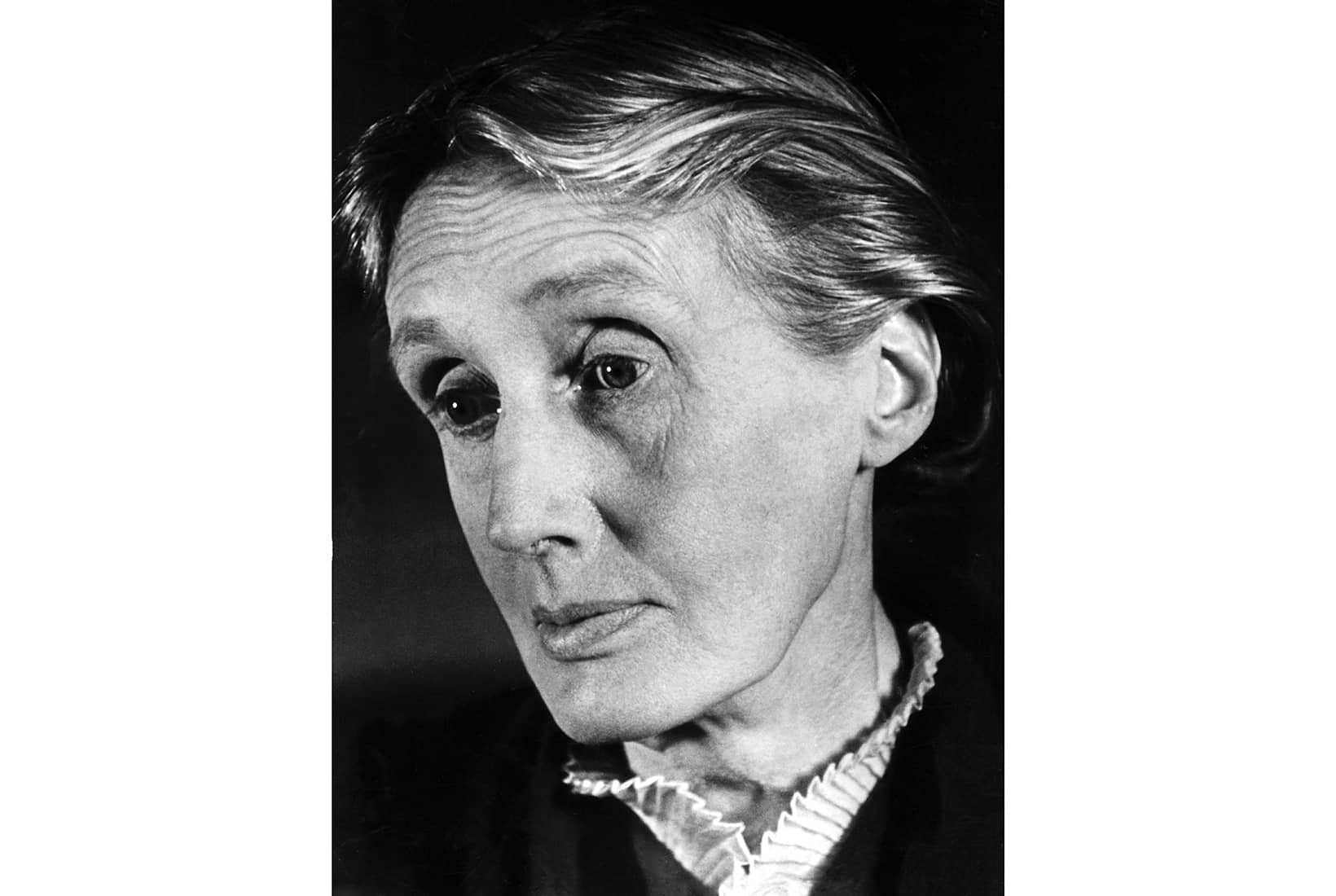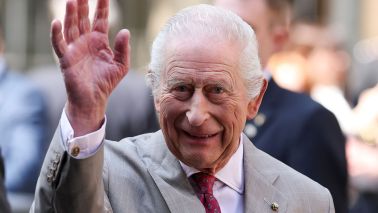This week marks the beginning of modernism season on BBC Radio 3 and 4, which means it’s time for some pundit or other to own up to abandoning Ulysses at page seven, or to finding T.S. Eliot a bore, or to infinitely preferring the landscapes of J.M.W. Turner to the repetitive squares of Kazimir Malevich. That pundit, however, won’t be me.
Modernism is rather like the birth of the Roman Empire. It could be seen as a brilliant sloughing off of everything that had decayed in favour of sensible revolution, or as the predictably reactive consequence of years of wrangling over a loss of identity. Most of the contributors to this week’s programmes are out to convince that modernism was not only good, but profound to the extent of shaping our existence a century on — although a few of them do have complaints about the length of Joyce’s book and the privilege of Virginia Woolf.
James cooks bacon, while talking about cooking bacon, which is just the sort of modernism in play I was hoping for
The first thing they discover is that modernism is easier to define by what it isn’t than by what it is. In ‘How to Create a Modernist Masterpiece’ on Radio 3’s Free Thinking, author Laurence Scott explains that ‘a wrecking ball was needed in the toolkit’, and asks each of the panellists to name one thing that had to be destroyed in order to make modernism possible. Will Self speaks of liberal progressivism. Alexandra Harris of the linear narrative and absence of doubt. Matthew Sweet, in Radio 4’s 1922: The Birth of Now, lists over-explanation, sentimentality, upright pianos and doilies. We hear quite a lot about doilies across the two channels. Their disappearance was clearly key.
Sweet’s ten-part series offers an entry point, holding the listener’s hand through a lively journey into a subject that ‘can be scary’, beginning at Shabolovka Tower in Moscow.









Comments
Join the debate for just £1 a month
Be part of the conversation with other Spectator readers by getting your first three months for £3.
UNLOCK ACCESS Just £1 a monthAlready a subscriber? Log in